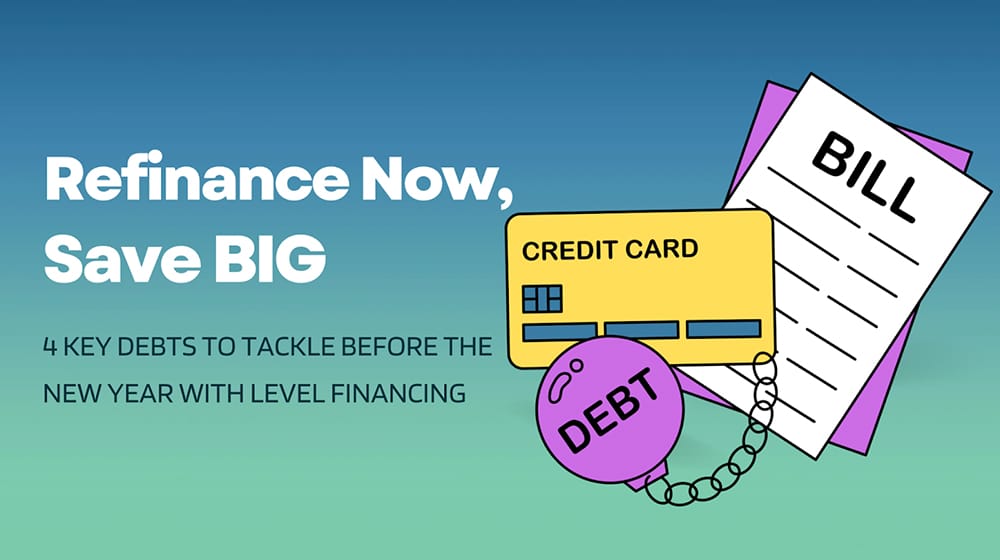Making your first moves as a beginner investor can be a bit scary. We are exposed to all these new asset names, and we don’t have a clue of what would happen if we bought them. Our main fear is that by doing so, we will end up losing our hard-earned savings.
However, you don’t need a finance degree or a stock broker license to start investing. A lot of people with little knowledge in this field do it every day and have found a way to slowly grow their wealth without having to spend the entire day looking at charts and following financial news.
One tip beginners often receive from advisors, and financial experts is to invest in ETFs. But what are they exactly? How do they differ from other financial products? Are ETFs better than stocks for beginner investors? This article will shed light on this topic and help you make the best decision.
What Are ETFs and How Do They Work?
ETF is an abbreviation for exchange traded fund (ETF), a type of pooled investment security. To be more specific, an ETF is a collection of assets (e.g., stocks, bonds, or commodities). It is traded on an exchange, and investors can buy or sell it at any time at its current market price.
Through ETFs, investors can access a wide range of financial assets by investing in one single fund. For this reason, ETFs are an attractive investment for those who want to achieve portfolio diversification without the need to buy stocks and bonds individually.
When buying an ETF, the investor owns shares of the underlying assets that compose the fund. For example, if you decide to invest in the S&P 500 index, you will own a fraction of all the 500 stocks that compose this index, and your returns will be determined by the movement of those stocks.
While investing in a fund that pools different assets together may increase diversification and lower risks compared to investing in an individual stock, it’s important to understand that ETFs are still subject to market volatility and that losses can be experienced.
Key Takeaway: ETFs are pooled investments that allow investors to access a wide range of assets through just one fund. While higher diversification may reduce risks, it doesn’t eliminate them.

Are ETFs a Good Investment Choice for Beginners?
Investing in ETFs can be a great move for beginners who want to move their first steps in the stock market but still lack the skills to build a well-diversified portfolio themselves.
They are particularly good options for those who want to invest in the long term and gradually increase their wealth without putting a daily effort into following the stock markets and making frequent investment decisions.
ETFs are also more versatile than individual stocks. For example, if you’d like to invest in a specific industry or sector without having to buy each company’s stocks individually, you can easily find an ETF that tracks the performance of that sector and invest in it.
You should also keep in mind that ETFs typically trade at lower costs than an actively managed mutual fund. This means you get to keep more of your profits as you invest.
Key Takeaway: ETFs can be great investment choices for beginner investors who want to build a well-diversified portfolio without having to invest too much of their time and effort. ETFs are also more cost-effective than individual stocks and mutual funds.
Read more: Can Investing Be a Full-Time Job?
Pros and Cons of Investing in ETFs Compared to Stocks
Let’s have a look at the major advantages of investing in ETFs compared to buying stocks.
- Access to a diversified portfolio of investments in one single fund.
- Risk is spread over multiple assets.
- Investors can access a wide range of asset classes.
- When held for long periods, they tend to be a very tax-efficient option as they generate fewer capital gain taxes.
However, ETFs also come with some drawbacks when compared to stocks.
- They may not track the underlying index as effectively as mutual funds.
- Liquidity can be an issue as some ETFs have low trading volumes.
- These funds are not always managed with total transparency.
Key Takeaway: Investing in ETFs offers some advantages when compared to stocks, such as access to a diversified portfolio and tax efficiency. However, you should also consider some drawbacks, such as lower liquidity levels and a lack of transparency in the fund’s management.

How Do I Choose the Right ETF?
First, consider your investment goals and objectives. What do you hope to achieve with your investments? Are you looking for long-term growth or short-term gains? Knowing what you want to accomplish will help you narrow down the list of potential ETFs.
Next, research the ETFs that meet your criteria. Look at their performance over time and compare them to other similar funds. Consider the fees associated with each fund and how they may affect your returns. Also, pay attention to any risks associated with the fund and make sure it aligns with your risk tolerance level.
Finally, consider diversifying your portfolio by investing in multiple ETFs in different asset classes or sectors. This will help reduce investment risk and ensure that you avoid putting all of your eggs in one basket.
Remember, investing involves risk, so always do your due diligence before making any decisions.
Key Takeaway: When choosing an ETF, consider your investment goals and objectives and do some research on the funds that meet those criteria. Make sure to compare different ETFs and pay attention to potential risks. Lastly, diversify your portfolio by investing in multiple ETFs in different asset classes or sectors.




